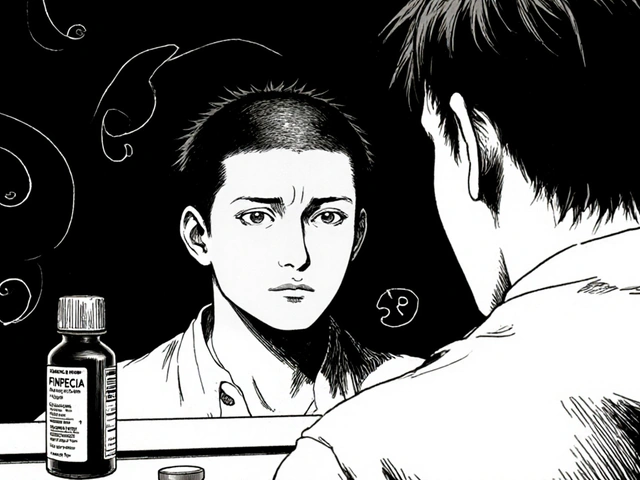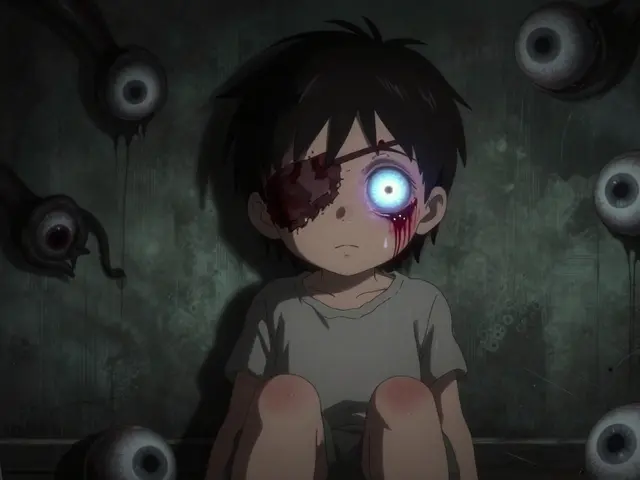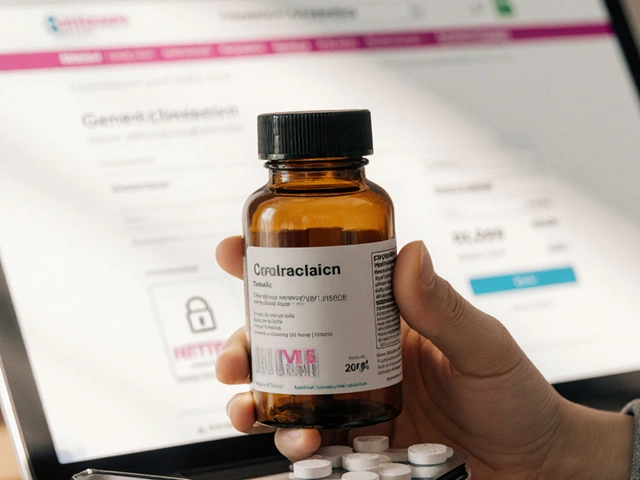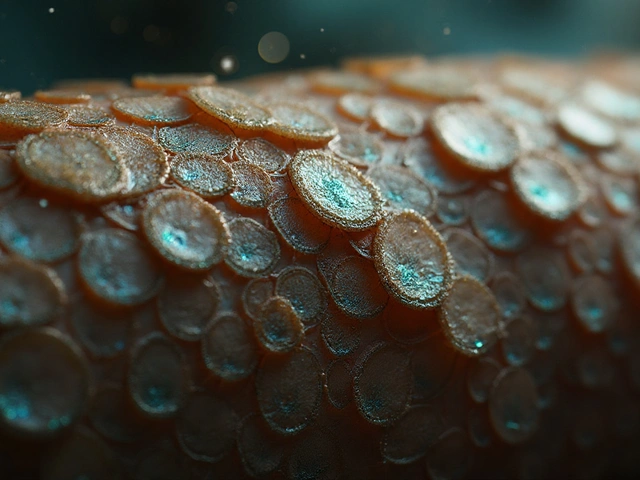Eye Cancer: What You Really Need to Know
Eye cancer. It doesn’t get much airtime, but it’s out there—rare, way less common than breast or lung cancer, but real. Spotting it early can make a huge difference, and knowing what to look for is key. Blurry vision, a growing dark spot, or a sudden change in how your eye looks? These aren’t things to shrug off. People sometimes put off getting checked because they don’t feel pain—sometimes, by the time it hurts, things have gotten serious. If you’ve noticed odd spots in your field of vision, swelling, bulging, or even just weird redness, get it checked. Don’t wait.
There’s no single “type” of eye cancer. The most common in adults is uveal melanoma. Kids? They’re more likely to get something called retinoblastoma, usually under the age of five. Each type acts differently, so treatment isn’t a one-size-fits-all deal. You might hear about therapies like laser surgery, radiation, targeted drug therapy, or even having to remove the eye if things get out of hand. That last one can sound brutal, but sometimes, saving your life means making the tough calls.
Catching eye cancer often starts with a simple eye exam. An ophthalmologist checks the back of the eye with a bright light—no big machines or scary stuff needed at first. If something looks fishy, they’ll order scans or ultrasound pictures. They might need a biopsy if things aren’t clear. Don’t panic if your doctor sends you for more tests; it’s smart medicine, not a reason to assume the worst.
Treatments have come a long way. If a tumor’s caught when it’s small, some can be zapped with a laser or treated with radiation right to the spot—sometimes with a little radioactive plaque sewn onto the eyeball for a few days (sounds wild, but it’s more common than you think). Chemo isn’t usually the go-to for adult cases, but for kids’ tumors, it can be life-saving, especially when combined with other therapies. Eye-preserving treatments are the goal, but vision might not always be perfect afterward. Doctors will work with you to pick options that fit your life—not just the diagnosis.
If you’re dealing with eye cancer or care for someone who is, you’re not alone. From figuring out how to see better after treatment to managing worries about the cancer coming back, support’s a big deal. Support groups and counseling can help, even for practical stuff like adjusting to vision loss. Going through it is one thing—connecting with people who truly get it can make the road a little bit smoother.
Everyday choices matter too. Wear sunglasses with UV protection, keep up with regular eye exams (especially if you’re at higher risk), and talk to your doctor about any sudden changes. You’re your own best advocate—keep pushing for answers, clear info, and second opinions if something doesn’t feel right. When it comes to your eyes, there’s no such thing as a dumb question.
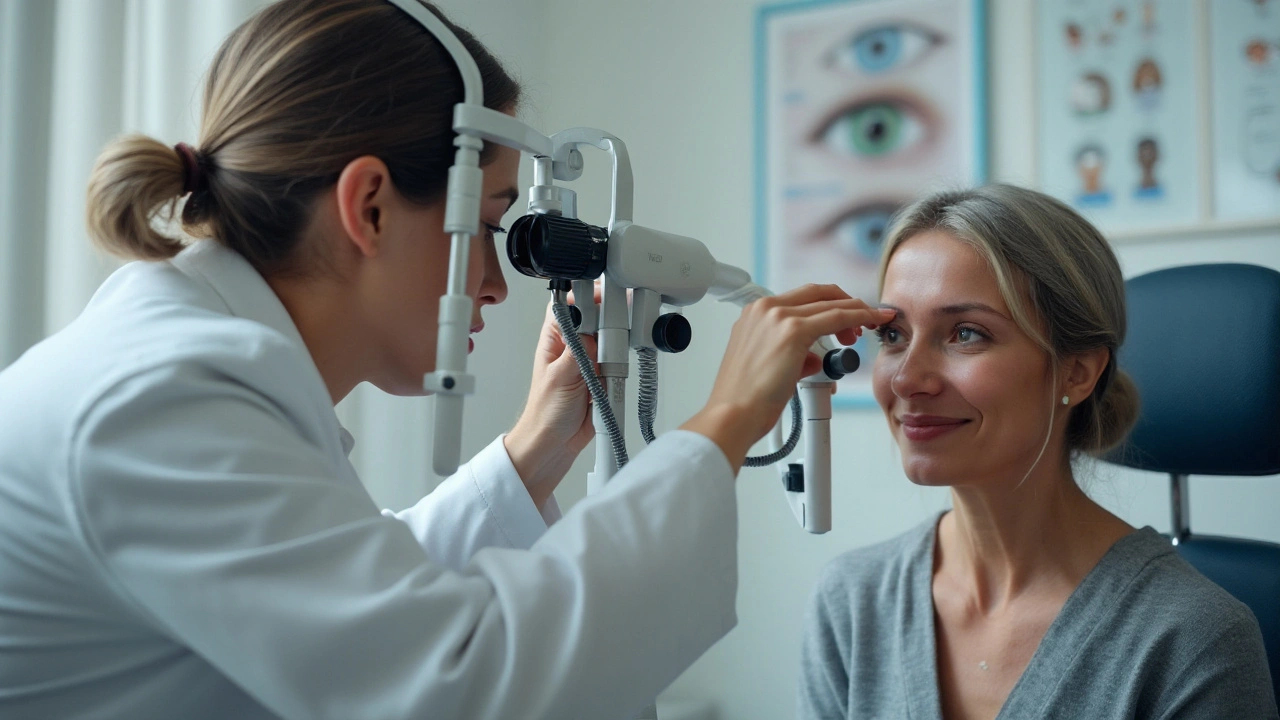
The Critical Role of Regular Eye Exams in Spotting Eye Cancer Early
Regular eye exams are crucial in detecting eye cancer early. This article explores the symptoms of eye cancer, how routine eye check-ups can catch early warning signs, and the potential treatments available if diagnosed. It's vital for everyone to understand the significance of keeping a close watch on their eye health.

